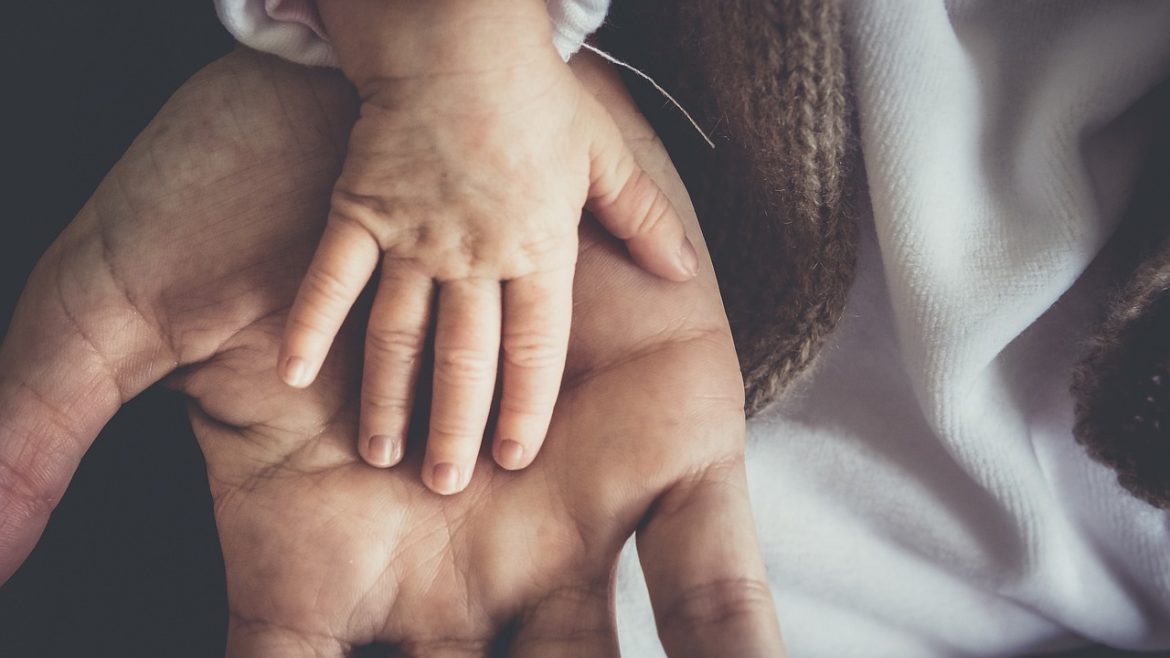Navigating parenthood: unravelling the identity shift that comes with being a parent.
https://pareful.com/wp-content/uploads/2024/02/Navigating-shifts-in-Parental-Identity-1024x682.jpg 1024 682 Get Started with Pareful Today | Meditations & Therapies Built for Parents Get Started with Pareful Today | Meditations & Therapies Built for Parents https://pareful.com/wp-content/uploads/2024/02/Navigating-shifts-in-Parental-Identity-1024x682.jpgBecoming a parent is a transformative experience that changes every aspect of our lives. One of the most profound changes that occurs is the shift in our identity. The moment we hold our child in our arms, we are no longer just ourselves; we become parents. This new identity brings with it a multitude of emotions, challenges, and responsibilities. Understanding and embracing this parental identity is crucial for navigating the complex journey of parenthood.
Parenthood is a journey of self-discovery. As we embark on this new chapter of our lives, we may find ourselves questioning who we are. Our priorities shift, our values realign, and our goals may change. The identity we once held dear may start to feel unfamiliar. It is important to recognise that this confusion is normal and part of the process. Embracing our new identity as a parent requires self-reflection and acceptance. By acknowledging that our identity is evolving, we can learn to navigate parenthood with confidence and grace.
The challenges of identity shift after becoming a parent.
The shift in identity that comes with parenthood can be both exhilarating and overwhelming. On one hand, we experience immense joy and love for our child. On the other hand, we may struggle with feelings of loss and uncertainty about our own identity. The challenges of this identity shift can manifest in various ways.
One common challenge is the loss of freedom and independence. As parents, our lives become centred around our children. Our time, energy, and resources are dedicated to their well-being. This often means sacrificing our own desires and aspirations. It can be difficult to let go of the person we once were and embrace this new role.
Another challenge is the pressure to meet societal expectations. There is a notion that being a good parent means putting our children above everything else. While it is important to prioritise our children, it is equally important to take care of ourselves. Balancing our own needs with the needs of our children can be a constant struggle.
The impact of parental identity on mental health.
The shift in parental identity can have a profound impact on our mental health. It is common for parents to experience a range of emotions, from joy and fulfilment to stress and anxiety. The pressure to be the perfect parent, the fear of making mistakes, and the constant self-doubt can take a toll on our well-being.
It is important to prioritise our mental health as parents. Seeking support from loved ones, joining parenting communities, and practising self-care are essential for maintaining a healthy parental identity. By acknowledging the challenges and seeking help when needed, we can navigate the transition to parenthood with resilience and strength.
Navigating the transition to parenthood.
Navigating the transition to parenthood requires a willingness to adapt and grow. It is a journey of self-discovery and self-acceptance. Here are some strategies to help navigate this transition:
1. Embrace the changes: Instead of resisting the changes that come with parenthood, embrace them. Recognise that your identity is evolving and that this is a natural part of the journey.
2. Seek support: Reach out to friends, family, and support groups. Surrounding yourself with a community of parents who understand and empathise with your experiences can be invaluable.
3. Practice self-care: Take time for yourself and prioritise self-care. Whether it’s a long bath, a walk in nature, or pursuing a hobby, make sure to carve out moments for self-reflection and self-care.
4. Set realistic expectations: Let go of the idea of perfection and set realistic expectations for yourself. Remember that you are doing the best you can and that it is okay to make mistakes.
Embracing the new identity as a parent.
Embracing the new identity as a parent is a transformative experience. It is an opportunity for personal growth and self-discovery. While the challenges may seem overwhelming at times, there are also many positives that come with this new identity.
One of the greatest joys of being a parent is the unconditional love we feel for our children. This love is unlike any other, and it has the power to transform us. Parenthood also provides an opportunity for us to learn from our children. They teach us patience, resilience, and the importance of living in the present moment.
As parents, we have the privilege of shaping the next generation. We have the power to instil values, teach life skills, and create a loving and nurturing environment for our children. This is a responsibility that comes with our new identity, and it is one that can bring immense fulfilment and purpose.
Changes to parental roles.
Becoming a parent brings about significant changes to our roles and responsibilities. The dynamics of our relationships shift, and new roles emerge. Mothers and fathers often find themselves navigating uncharted territory as they redefine their roles within the family.
Mothers may experience a shift in their identity as they take on the role of the primary caregiver. This can be a challenging transition, as it often involves sacrificing career aspirations and personal goals. Fathers, on the other hand, may struggle with finding their place in a society that still holds traditional gender roles. It is important for both parents to communicate openly and support each other through these changes.
Changes to habits & routines as a parent.
Parenthood brings about significant changes to our habits and routines. Late nights out with friends are replaced with late nights soothing a crying baby. Spontaneous weekend getaways become carefully planned family outings. Our sleep patterns, eating habits, and daily routines are all affected by the arrival of a child.
While these changes can be overwhelming at first, they also provide an opportunity for personal growth and adaptation. As parents, we learn to prioritise our time, make the most of the moments we have, and find joy in the simple pleasures of life. Embracing these changes with an open mind and a willingness to adapt can make the transition to parenthood smoother and more fulfilling.
The positives of a new parental identity.
While the shift in parental identity can be challenging, it also brings with it a multitude of positives. Parenthood is a journey of love, growth, and self-discovery. It is an opportunity to create lifelong memories, forge deep connections, and experience the beauty of unconditional love.
As parents, we have the privilege of witnessing our children’s milestones and accomplishments. From their first steps to their first words, every moment is a testament to the incredible journey of parenthood. Our new identity as parents allows us to experience the world through the eyes of our children and rediscover the joy and wonder of life.
Embracing the evolving identity as a parent.
Becoming a parent is a transformative experience that brings about a shift in our identity. It is a journey of self-discovery, love, and personal growth. While the challenges may seem overwhelming at times, embracing our evolving identity as parents allows us to navigate the complexities of parenthood with grace and resilience.
By understanding the impact of parental identity on our mental health, embracing the changes that come with parenthood, seeking support, and practising self-care, we can navigate the transition to parenthood with confidence and joy.
Parenthood is not just about the sacrifices and challenges; it is also about the incredible moments of love, joy, and fulfilment. Embracing our new identity as parents allows us to experience the beauty of unconditional love and create a legacy that will last a lifetime.
Sign up to Pareful all-access.
Sign up to Pareful All-Access and gain access to 40+ Parental Focused meditations, digital therapy resources and more, with the first month for free. Together, we can navigate this journey with grace and confidence.
Your journey to harmony begins here.





